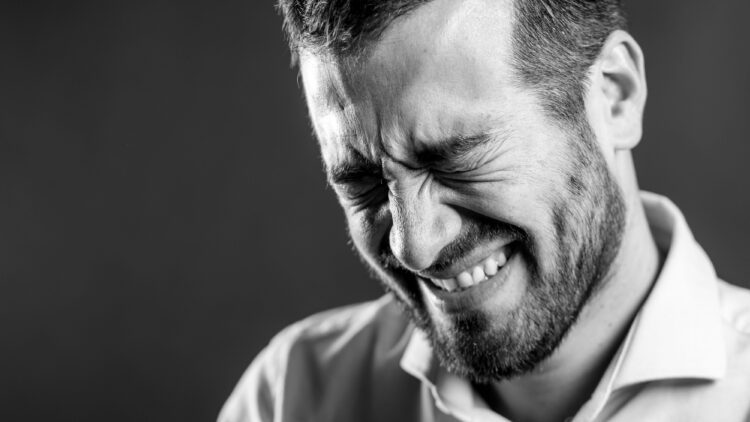Having a child takes a toll on a woman’s body , which many people are aware of. However, not too many people realize how having a baby can also impact a woman’s mental health .
Postpartum depression is a disorder that many have become aware of in recent years, as more women speak out about their mental health after having a child . What many do not realize, though, is that a father’s mental health can also be impacted by childbirth and becoming a parent.
Postpartum depression impacts an individual’s mood and mental health.

Many people experience what doctors refer to as “baby blues” after giving birth. However, some experience the baby blues more intensely and for longer periods of time. Postpartum depression can make individuals feel extremely low post-childbirth, sometimes so badly that they question their own life.
Postpartum is something that is usually diagnosed by a professional.

Many women who feel this way oftentimes have someone who pushes them to seek help from a mental health professional. When their depression becomes dangerous, some stop eating, cannot get up to care for themselves, and even have thoughts of suicide.
While postpartum depression is associated with new moms, new fathers can also experience this, as well.

A study conducted about postpartum depression revealed that many new fathers can also experience the disorder and illness due to the stress and exhaustion that comes with becoming a parent to a newborn.
Postpartum occurs in more men than one would think.

According to the study, postpartum depression occurs in approximately 8 to 10 percent of fathers. In addition, postpartum depression has the highest prevalence within 3 to 6 months. It may develop over a year rather than four weeks postpartum.
Research indicates male hormones also fluctuate during pregnancy.

While we know female hormone levels definitely change during pregnancy, male hormones do as well. According to research , testosterone levels drop in many men, as well as estrogen, prolactin, and cortisol rising.
Hormones ultimately impact our moods.

Many times, depression and mood swings can be linked to changing levels of hormones in individuals. When specific levels are too high or too low, it can impact a person’s mood causing anxiety or depression.
Many men also shared that the experiences of fatherhood impact how they feel about themselves.

New fathers also shared that the newfound stress and responsibilities that come along with fatherhood can be a lot to handle for themselves and their self-esteem. As all new parents know, sleepless nights and heightened worry come with having a newborn.
Some dads say they feel “inadequate.”

“I found that parenting a newborn was shockingly exhausting. I felt unprepared for the task, overwhelmed by the burden of the 24-hour-schedule and lack of sleep, and I struggled with feelings of inadequacy,” a new father told WebMD.
The main issue with postpartum in men is that specialists do not focus on it enough.

While studies indicate that postpartum does appear in men, not enough specialists look for or focus on it at all. In fact, many men even ignore the signs and symptoms, as it’s not something that is widely talked about.
Experts say that more attention needs to be put on new fathers, just like new mothers.

Experts suggest that the way to help new fathers who experience postpartum depression is to put more research into it. As women get the attention needed, men also deserve the same respect and dedication to them, as well.

















































